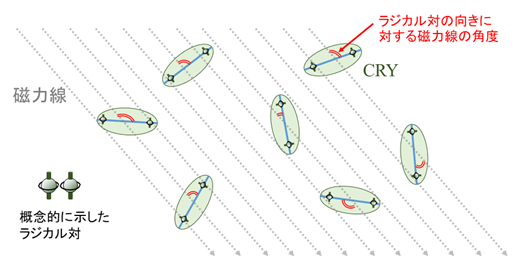2022-05-11 スウォンジー大学
Advanced NanoBiomed Research誌に掲載されたこの研究は、バイオセンサ(微量の疾患マーカーを検出する装置)に使用するグラフェンを開発する英国イノベートプロジェクトの成功に続くものです。
病院にあるようなハイテクラボを利用できない世界の多くの地域では、C型肝炎(HCV)などのウイルスを検出することで、予防可能な数百万人の死亡を救える可能性があります。さらに、このようなバイオセンサーはポイントオブケアで使用することができ、手の届きにくい環境でも効果的な医療を実現することができます。
<関連情報>
- https://www.swansea.ac.uk/press-office/news-events/news/2022/05/detecting-viruses-in-a-pinprick.php
- https://onlinelibrary.wiley.com/doi/10.1002/anbr.202100140
少量サンプル中のウイルスタンパク質を検出するための高速グラフェンセンサープラットフォームを開発 A Rapid Graphene Sensor Platform for the Detection of Viral Proteins in Low Volume Samples
Ffion Walters,Gregory Burwell,Jacob John Mitchell,Muhammad Munem Ali,Ehsaneh Daghigh Ahmadi,A. Bernardus Mostert,Cerys Anne Jenkins,Sergiy Rozhko,Olga Kazakova,Owen J. Guy
Advanced NanoBiomed Research First published: 22 March 2022
DOI:https://doi.org/10.1002/anbr.202100140

Abstract
Infectious disease outbreaks remain an ever-prevalent global issue. The associated demand for rapid diagnostics and onsite testing will play an increasing and critical role in disease surveillance, prevention of the spread of infection, as well as timely commencement of treatment. Reported here is a graphene–gold nanoparticle hybrid sensor platform technology that is demonstrated for the real-time detection of viral proteins utilizing low volume samples (5 μL). Hepatitis C virus (HCV) is still an endemic problem worldwide and is used as an exemplar system here to demonstrate the capability of the platform viral detection sensor technology. Hepatitis C virus core antigen (HCVcAg) is a promising marker for point-of-care (POC) diagnostic testing for active HCV infection, with the potential to provide a one-stop diagnosis and trigger for the commencement of treatment. Real-time electrical resistance measurements are performed using various concentrations of HCVcAg with linear concentration dependence of resistance on HCVcAg concentration over the range of 100–750 pg mL-1.


